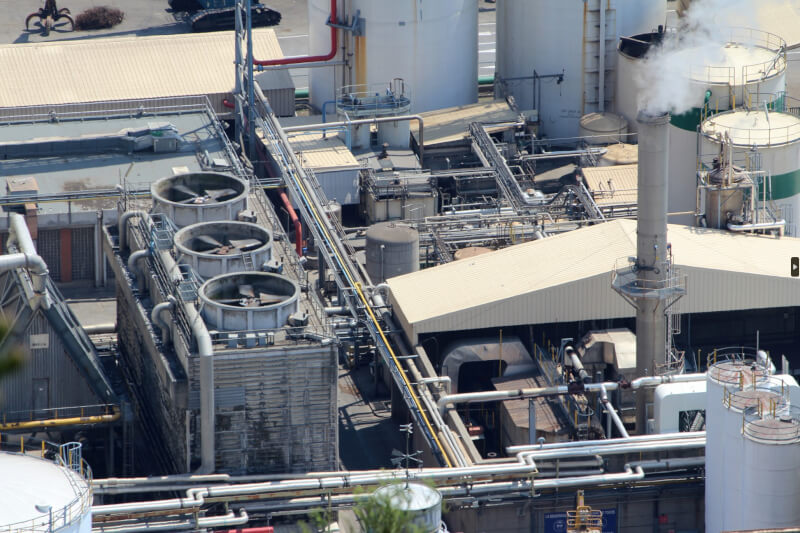Google's AI increases pollution

Google's greenhouse gas emissions rose by nearly 50% over a five-year period as the company implemented artificial intelligence in many of its core products. This makes it harder for them to meet their goal of eliminating carbon emissions by 2030, according to a new environmental report from the tech giant.
The annual report was published on Tuesday and covers Google's progress in meeting its environmental goals last year. The Alphabet unit's greenhouse gas emissions totaled 14.3 million metric tons of carbon dioxide equivalents during 2023. This is 48% higher than in 2019, the company says, and 13% higher than in 2022.
Google points to increased energy use in its data centers and emissions from its supply chain as the reasons, and says its push to add AI to its products could make it harder to reduce emissions in the future.
"As we further integrate AI into our products, it may be challenging to reduce emissions due to the increasing energy demand from larger AI computations and the emissions associated with the expected increases in our technical infrastructure investments," Google wrote in the report . AI, and especially generative AI, which takes user input and produces new content like text, images or songs, is extremely resource-intensive, as a recent Bloomberg News investigation showed.
The more the technology grows, the more data centers are needed to build and run it, leading to increasing energy requirements. The dramatic increase in energy demand from Silicon Valley's growth-at-any-cost approach to AI threatens to undermine the energy transition plans of entire nations as well as the sustainable energy goals of tech companies. Google is not the first major technology company to cite the rapid growth of AI as an obstacle to achieving environmental goals.
In May, Microsoft said its carbon emissions had increased by 30% since 2020, as the company increasingly invested in AI.
The increase made it even more difficult for the company to achieve the goal of getting below net zero emissions by 2030 than it was when they announced their goal to become carbon negative.
Sasha Luccioni, head of climate at the startup company Hugging Face, said the data shows that tech companies had not anticipated the massive growth of AI when they set their environmental goals.
"They couldn't have done that," she said. "The base year in that Google report was 2019 — certainly not something they anticipated."
Companies have been surprised both by how much energy is required to build such technology and how much energy is required to run it, Luccioni said.
Latest gadgets
-
19 Sepgadgets
-
23 Maygadgets
LaserPecker LP5 Laser Engraver
-
01 Maygadgets
Swytch launches Swytch Max+ Kit
-
10 Margadgets
DJI AIR 3S
-
03 Margadgets
Razer Wolverine V3 Pro
-
21 Febgadgets
OBSBOT Tiny 2 SE
-
13 Febgadgets
Corsair launches Platform:4
-
17 Jangadgets
Nerdytek Cycon3
Most read gadgets
Latest gadgets
-
19 Sepgadgets
DJI launches Mini 5 Pro
-
23 Maygadgets
LaserPecker LP5 Laser Engraver
-
01 Maygadgets
Swytch launches Swytch Max+ Kit
-
10 Margadgets
DJI AIR 3S
-
03 Margadgets
Razer Wolverine V3 Pro
-
21 Febgadgets
OBSBOT Tiny 2 SE
-
13 Febgadgets
Corsair launches Platform:4
-
17 Jangadgets
Nerdytek Cycon3






